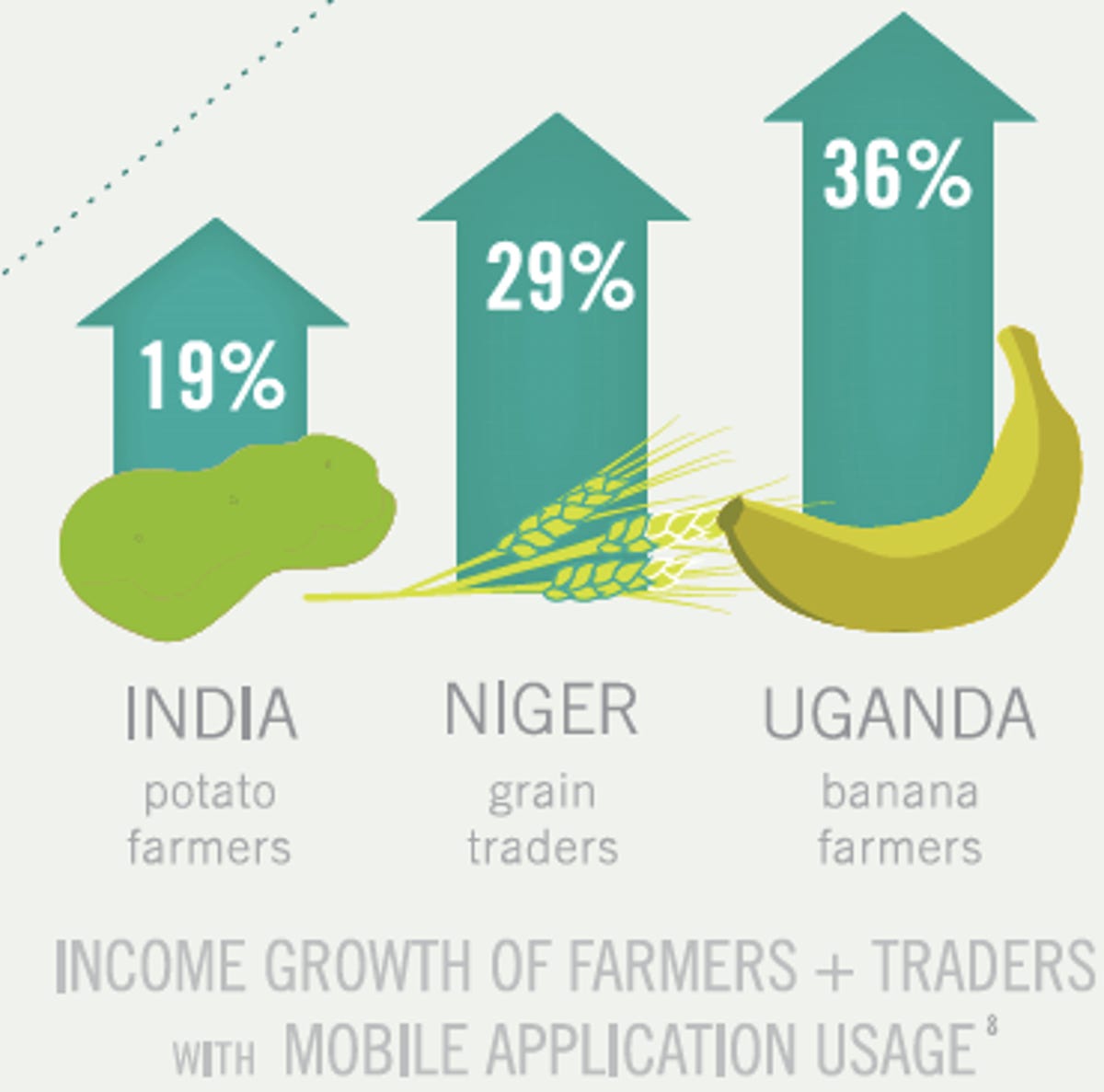Mobile devices are making the world go round. A study by the World Bank and infoDev titled “Information and Communications for Development 2012” found that an estimated three-quarters of the world’s people have access to a mobile device. The number of worldwide mobile subscriptions grew from less than 1 billion in 2000 to over 6 billion today, the study said. Close to 5 billion of the subscriptions are in developing countries, and mobile subscriptions in low- and middle-income countries increased by more than 1,500 percent between 2000 and 2010, from 4 to 72 per 100 inhabitants.
While the increasing penetration of mobile devices facilitates voice and text communication, it’s the apps that are bringing signficant changes in lifestyle and economics.
“Mobile communications offer major opportunities to advance human and economic development — from providing basic access to health information to making cash payments, spurring job creation, and stimulating citizen involvement in democratic processes,” World Bank Vice President for Sustainable Development Rachel Kyte said in a press statement. “The challenge now is to enable people, businesses, and governments in developing countries to develop their own locally-relevant mobile applications so they can take full advantage of these opportunities.”


Agricultural traders, for example, are obtaining better margins for their goods due to mobile apps.
Small-scale Chilean farmers are armed with more data for selling and producing their crops via text messages that show the latest information on market prices and weather. Zambia’s National Farmers Union provides a text messaging service to its constituents with the latest commodity prices.
Mobile healthcare (mHealth) is another area impacted by mobile technologies. In Botswana, for example, a remote medical facility uses mobile phones and tablets equipped with cameras to send photos of patients for diagnosis advice.
In South Africa, a text message service alerts HIV patients when medications are due and offers health advice.
Mobile is also instrumental in enhancing the relationship between governments and their citizens, as well as playing a central role during events such as the Arab Spring. In the state of Kerala in India, an “mGovernment” program deployed 20 applications and has facilitated more than 3 million interactions between the government and citizens since December 2010, the report said.
The study points out that the “app economy” is critical to taking full advantage of the growing, connected population:
More than 30 billion apps had been downloaded worldwide by early 2012, and they make for an innovative and diverse mobile landscape with a potentially large impact on the lives of people in developed and developing countries alike. Growing opportunities for small-scale software developers and local information aggregators are allowing them to develop, invent, and adapt apps to suit their individual needs. Users themselves are becoming content providers on a global scale.



